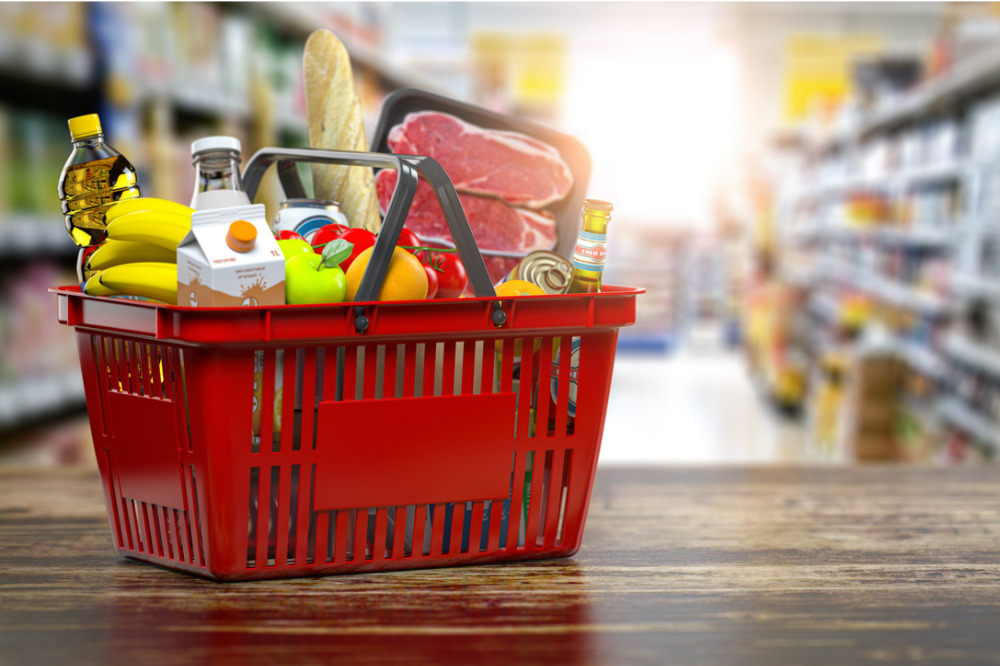Western Australians have cut back on spending as cost-of-living and inflationary pressures take hold, with the volume and value of transactions falling across the board, Bankwest’s Spend Trend data for July showed.
Bankwest’s analysis of WA customer credit and debit transactions for July showed a decline in sectors such as clothing stores, department stores, electrical appliance retailers, hardware stores, and interior furnishings.
This contrasted with the result for the entire 2022 financial year which showed that Western Australians appeared reluctant to rein in discretionary spending, despite financial pressures.
The Bankwest data showed that Western Australians appeared to be pulling back most on household spending, with hardware stores leading the decline month-on-month (-4% volume; -17% value), closely followed by interior furnishings (-4% volume; -9% value).
The rising cost of fuel also had motorists scaling back at the bowser, with the volume of transactions dropping by 3%, and the value by 1% month-on-month. When comparing July 2021 to July 2022, the volume of transactions at service stations increased by only 3% but their value soared 29%, highlighting the cost blowouts of fuel due to global tensions, Bankwest said.
The recreation sector, which includes activities such as movie theatres, live music, sport, and events, was one of few sectors to see significant growth month-on-month, increasing 9% in volume and 16% in value.
The travel sector also showed signs of cooling after months of growth, with airlines falling 12% in the volume of transactions and 9% in value month-on-month.
Hotel/motels saw a similar trend, falling 14% in volume but growing 4% in value, while travel agencies grew 4% in volume but fell 8% in value month-on-month.
The year-on-year figures suggested, however, the declines could be absorbed, with airlines up 201% in volume and 325% in value, and travel agents up 110% and 301%, respectively, compared to July 2021.
“Western Australians are facing some challenging financial pressures at the moment, with inflation, supply chain, and cost-of-living impacts combining to hit hip pockets,” said Paul Vivian, Bankwest chief customer officer. “It was interesting to see last month’s data, which suggested the community was mostly resisting pulling back on discretionary spending, but Western Australians are now clearly reversing that, with declines across the board. We’re potentially seeing costs stabilise in certain sectors, such as food stores and warehouses, which include supermarkets, as well the pharmacy sector, with month-on-month spending flat in both volume and value. That’s a similar story for sectors dependent on the cost of fuel, such as service stations and other transport, but the concern for consumers is those costs have stabilised at significantly higher levels than they’re used to. We believe challenging economic conditions may be here to stay for a while, so we encourage all customers to ensure they are in the best possible financial position and for those experiencing difficulties to get in touch.”


